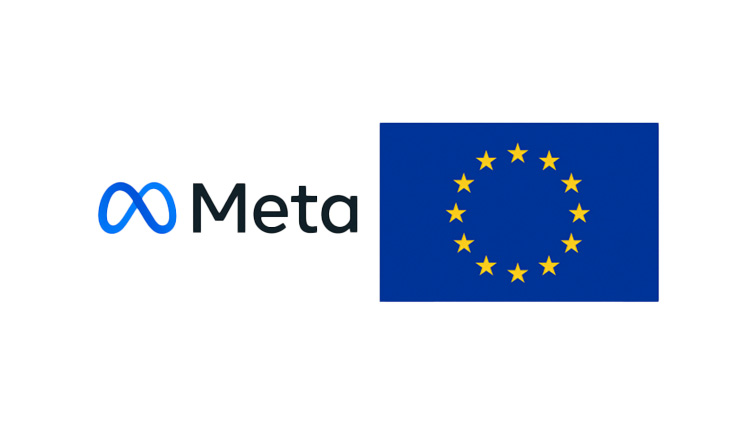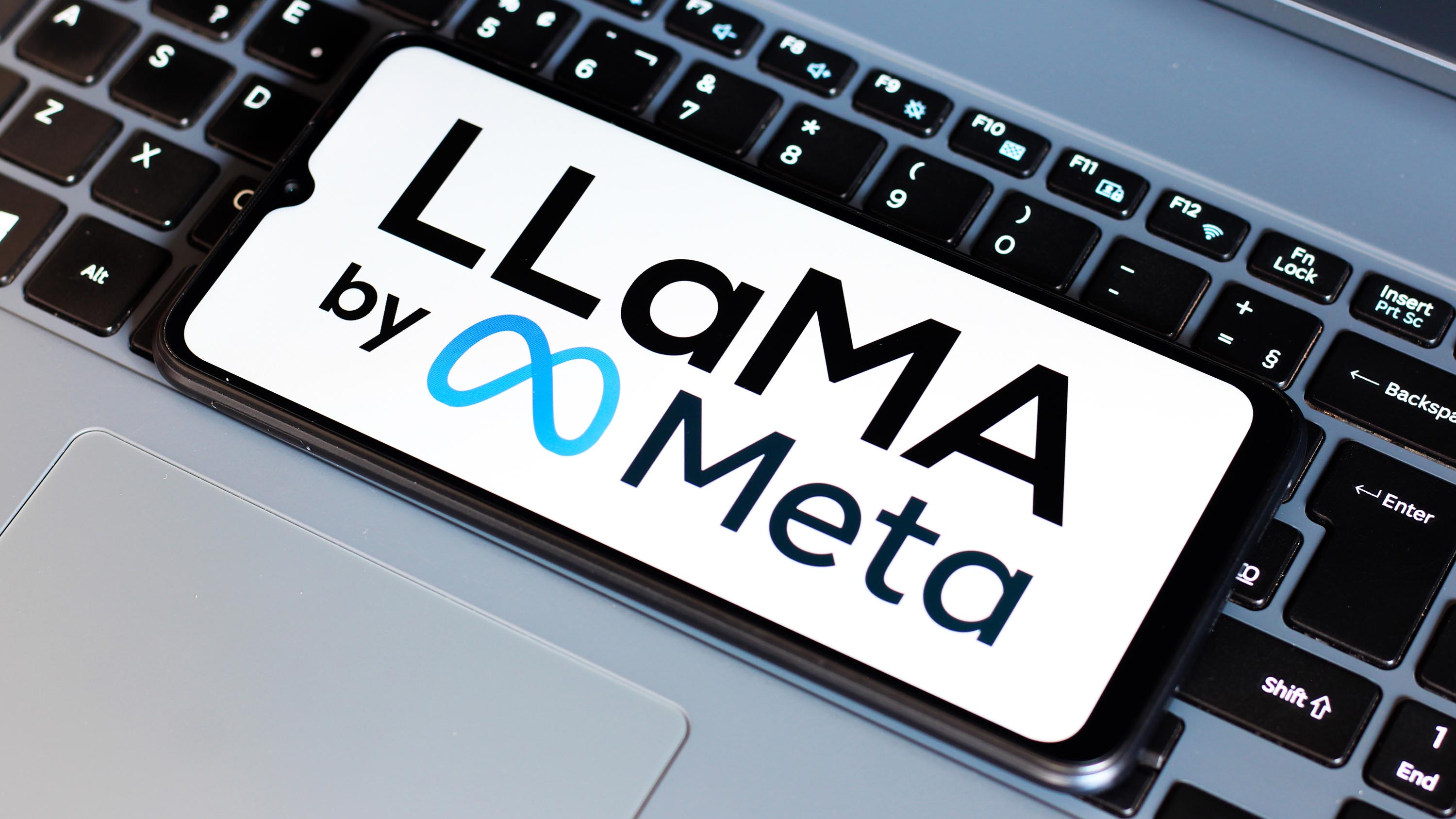Meta, Facebook, and Instagram AI is coming for EU data — Here's what you need to know (and how to opt out)
Meta's new AI tools have come under increasing scrutiny, but the firm believes they are now in compliance with EU regulations. Here's what you need to know.

All the latest news, reviews, and guides for Windows and Xbox diehards.
You are now subscribed
Your newsletter sign-up was successful
Meta has confirmed that it will begin training its AI models on public data from users in the European Union – a move that brings it in line with other AI agents like Microsoft Copilot, OpenAI, and Google, who have already been using publicly available web content from the EU to train their own models. This shift follows the March 2025 launch of Meta AI across 41 European countries and marks the first time Meta has included EU users’ public Facebook and Instagram content in its generative AI development.
Whilst other AI companies have long relied on publicly shared information online – including European users – Meta’s approach surprisingly transparent given the company's history. It follows Microsoft's recent January 2025 blog post, which details how Redmond seeks to align itself closely with EU GDPR and AI Act regulations.
What data Is Meta Using — and what’s off-limits?
Meta states in their press release that they’ll only be training their models on publicly available content. This extends to videos, posts, comments, photos and their captions, reels, and stories — if this information is shared publicly. As well as this, Meta will use any interactions with Meta AI, like questions and queries, to train their model.
It’s important to note that Meta stresses they do not use any private messages between friends and family when collecting data to train their generative AI models — meaning privately shared photos and videos aren’t used either. Additionally, Meta states they will not use any data from users under the age of 18 to train their models, to comply with child data protection laws.
How Meta "justifies" training AI on EU data

Meta claims it’s "important" to train their AI models on a variety of diverse data, enabling their AI to understand nuances and complexities it wouldn’t otherwise find from only gathering data from the United States and United Kingdom. Meta emphasises this will help their AI models learn dialects and colloquialisms, local knowledge, and the different ways each country uses social or conversational tones — especially regarding humour and sarcasm.
This comes after Meta initially delayed training their large language models on public content in the EU, whilst regulators clarified the legal requirements, as Meta’s first approach was argued to have violated the General Data Protection Regulation (GDPR) in mid-2024.
Since then, the European Data Protection Board (EDPB) has provided guidance on the use of personal data for AI training. Whilst only an opinion, it emphasises:
All the latest news, reviews, and guides for Windows and Xbox diehards.
"Data processing for AI training must be assessed on a case-by-case basis," and, "Data must be anonymised or pseudonymised, preventing re-identification.
As per Article 21 of the GDPR, it is stated that individuals must have the right to object to the processing of their personal data, which does apply to the context of AI training.
Meta states they "appreciate" the opinion provided by the EDPB and ensure they comply with European laws and regulations when collecting data to train their AI models.
But don't worry, EU citizens can opt-out. Here's how.
Meta says opting out of their data collection will be easy and straightforward. Users will start receiving in-app notifications and an email, explaining the kind of data being collected, what it will be used for, how it will improve AI at Meta, and the overall user experience. These notifications will include a link to a form where people can object to their data being used to train AI models.
If you don’t want to wait for a form, you can already submit an objection request via Facebook or Instagram’s Privacy Centre:
Facebook: Settings & Privacy > Privacy Centre > Privacy Topics > AI at Meta > Submit an Objection Request
Instagram: Settings > Privacy > Privacy Centre > Privacy Topics > AI at Meta > Submit an Objection Request
Meta says they will honour all objection forms they’ve already received, as well as any future forms they receive.
Why this matters, and what comes next

Meta’s decision to train its AI using public data from EU users isn’t entirely new in practice — other AI firms like, Microsoft, OpenAI, and Google have been doing so for years, particularly in the United States. However, Meta’s approach appears uncharacteristically transparent and open in a space where AI development is often outpacing regulation.
It also highlights how European data is becoming increasingly important in training and shaping AI models that better reflect local languages, behaviours, and culture. Many AI models have a bias towards English and Anglocentricity as of writing, owing to the general dominance of the language across the internet.
Whether Meta’s approach helps set new industry standards remains to be seen — but for now, the message to you is clear: if you care about how your digital footprint is used in the age of AI, now is the time to act.

Adam is a Psychology Master’s graduate passionate about gaming, community building, and digital engagement. A lifelong Xbox fan since 2001, he started with Halo: Combat Evolved and remains an avid achievement hunter. Over the years, he has engaged with several Discord communities, helping them get established and grow. Gaming has always been more than a hobby for Adam—it’s where he’s met many friends, taken on new challenges, and connected with communities that share his passion.
You must confirm your public display name before commenting
Please logout and then login again, you will then be prompted to enter your display name.
